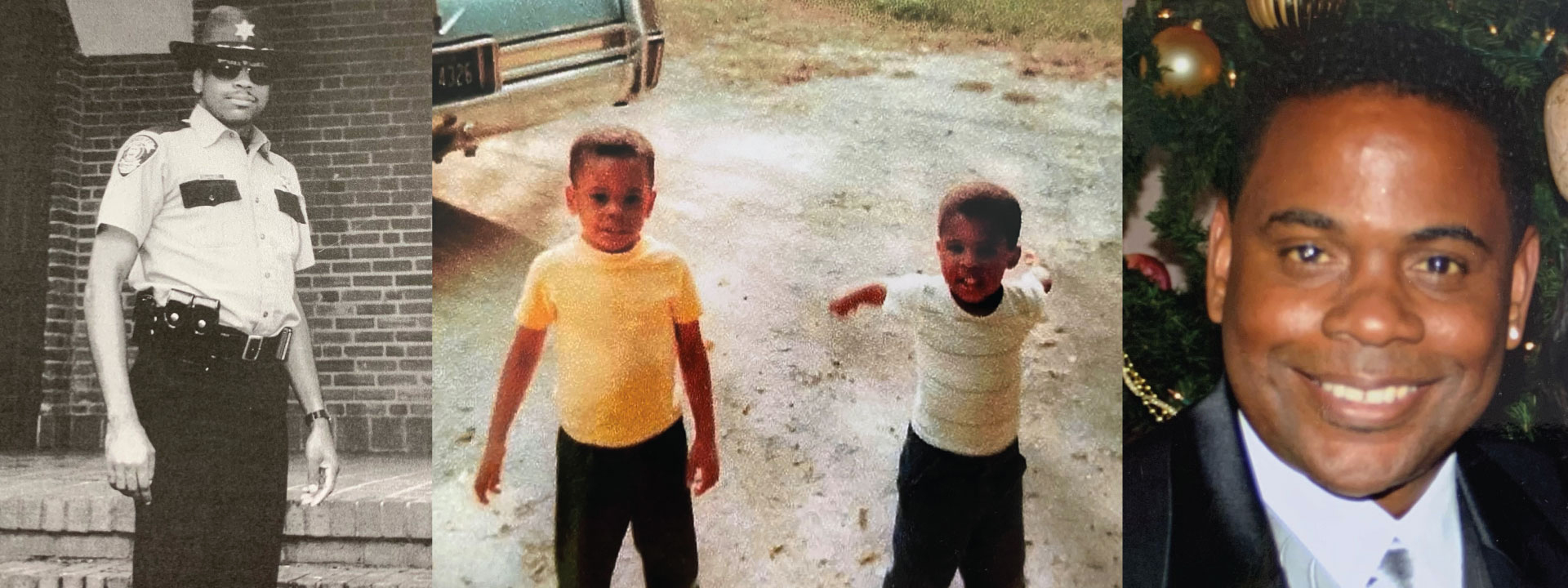
As many as 100,000 people in the United States are estimated to be suffering from sickle cell disease, affecting people of all ethnicities and walks of life, with the highest rate impacting the African American community. One family shared their story about how sickle cell tragically cut short the life of their loved one, Harrison Powell at the age of 42, survived by his loving family and two teenaged sons.
Harrison, affectionately called Harry, was diagnosed with the disease when he was under one year old. His older sister Georgette remembers as she was feeding him breakfast one morning suddenly, “his head dropped onto the highchair” and he wouldn’t wake. So began years of countless hospital stays and never-ending blood transfusions to help ease the immense pain sickle cell disease causes, but unfortunately there’s no cure for this disease at this time. Georgette says she and her family “thank God for the Red Cross and the blood that’s been made available to [Harry] as a sickle cell patient.” As he was admitted into the hospital every year of his life, at least twice and sometimes more often, transfusions were an integral part of his treatment plan.
Harry had five siblings and thus always had company while in the hospital. His siblings remember with a smile on their faces, his only request during his stay was for someone to sneak him in a Burger King Whopper and a side of fries. His older brother, Gerald Sr., remembers the excruciating pain Harry would suffer while in sickle cell crisis, also called a “pain episode”. Gerald recalls, “Even though we didn’t physically feel the pain he was going through, the emotional issues he dealt with, we did too.” Harry fought hard with his family by his side and now they tell his story to honor his life and increase awareness and empathy for those suffering from sickle cell disease. Donating blood for transfusions is an extremely important part of treatment for those diagnosed with this disease and saves the lives of so many.
What is Sickle Cell Anemia?
The Sickle Cell Disease Association of America defines sickle cell as “an inherited blood disorder that affects red blood cells. People with sickle cell disease have red blood cells that contain mostly hemoglobin S, an abnormal type of hemoglobin. Tissue that does not receive a normal blood flow eventually becomes damaged…causing the complications of sickle cell disease.”
How Can You Help?
Donating blood is the best way to help those fighting sickle cell disease. Patients who are undergoing sickle cell crisis need blood transfusions, and the best match usually comes from donors of the same race or ethnicity. This means the more people who donate, the better chance patients have of receiving a transfusion to help them keep fighting.